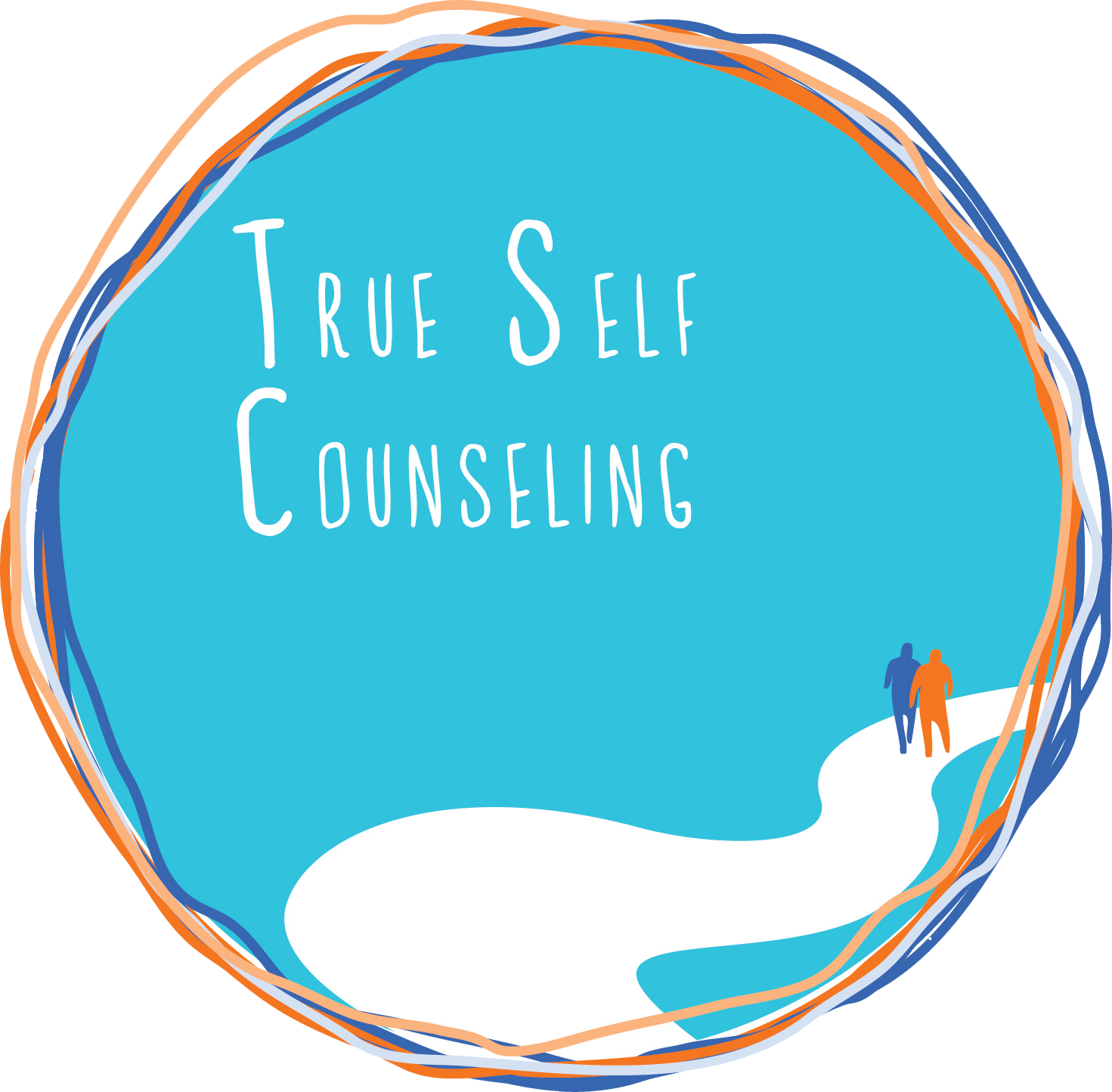
by Molly Pierce | Feb 18, 2016 | Anxiety Related, Balance, Confidence, Relationships, Self Image
I recently came across Elbert Hubbard’s essay on “Mental Attitude” in a book I was reading, and I enjoyed it so much that I wanted to share it with others. For me, it speaks an optimistic message of how having the right combination of self-confidence, courage, and determination will lead you to success. I hope you enjoy it as much as I do!
Whenever you go out of doors, draw the chin in, carry the crown of the head high, and fill the lungs to the utmost; drink in the sunshine; greet your friends with a smile, and put soul into every hand-clasp.
Do not fear being misunderstood, and never waste a minute thinking about your enemies. Try to fix firmly in your mind what you would like to do, and then without veering off direction, you will move straight to the goal.
Keep your mind on the great and splendid things you would like to do; and then, as the days go gliding by, you will find yourself unconsciously seizing upon the opportunities that are required for the fulfillment of your desire, just as the coral insect takes form the running tide the elements it needs. Picture in your mind the able, earnest, useful person you desire to be, and the thought you hold is hourly transforming you into that particular individual.
Thought is supreme. Preserve a right mental attitude – the attitude of courage, frankness, and good cheer. To think rightly is to create. All things come through desire, and every sincere prayer is answered. We become like that on which our hearts are fixed. Carry your chin in and the crown of your head high.
Works Cited:
Knox, George. Thoughts That Inspire. Des Moines. Personal Help Publishing Co. 1906.
Carnegie, Dale. How to Win Friends & Influence People. New York. Simon and Schuster, Inc. 1981.

by Molly Pierce | Jan 8, 2016 | Anxiety Related, Balance, Confidence, Depression, Relationships, Self Image
Anxiety is something that everyone deals with, to some extent, during their life. For some people it’s a passing experience of feeling stressed and overwhelmed. For others, though, anxiety can be crippling. I mean truly, intolerably, despairingly crippling.
You can’t sleep, you can’t eat, you can’t focus. Your work suffers; your relationships suffer. You question everything you do, and everything you say. Your mind never stops churning things over. You’re filled with feelings of self-doubt and never being good enough. It’s pure agony.
The term “anxiety” gets thrown around for everything, ranging from feeling nervous to experiencing unrelenting, incapacitating panic attacks. Because of this, there are people who equate “feeling stressed” to knowing what having an anxiety disorder feels like. Unfortunately, this attitude feels discrediting and invalidating to the person who truly experiences the wrath and magnitude of anxiety.
Anxiety can manifest itself as a condition, such as a phobia, social, or generalized anxiety; or on a greater level, it can present comorbidly with other conditions, such as Depression, ADHD, Schizophrenia, and so forth. Anxiety is not a character flaw. I repeat: ANXIETY IS NOT A CHARACTER FLAW. Anxiety is a neurological imbalance. It is the result of obtaining some unfortunate genetics and/or exposure to certain life experiences. None of those things are your fault in any way.
I am the youngest child of two girls. Some people believe that being the youngest child makes you “selfish.” I would say that I do, in fact, have a tendency towards selfishness. But my selfishness isn’t due to being the youngest child; rather, it’s a result of having to manage my anxiety.
For instance, I can’t be the person who goes and offers comfort to a friend in the middle of the night because of a break-up, or some other challenging situation. I have to be selfish; I need to sleep. Because altering my routine and extending myself could offset my own mental stability. I need to rest. I need to relax. I need time to myself.
I have to “be selfish” in order to operate in a fast-paced, high-producing, performance-based society. I’m at a disadvantage to others, who function at a higher level, and with more ease. Because of my anxiety, my mental and emotional reserves are easily and quickly depleted.
I want to be there for my friends in the middle of the night, when they are hurting, but the fact of the matter is that I can’t. I have to take care of myself. This doesn’t mean that I don’t care. It doesn’t discredit me as a kind-hearted person. I absolutely want what is best for the people around me. I simply need my time, time when I am off limits, time to recuperate.
I’ve learned from past mistakes of over-extending myself. There have been times when I’ve tried to be everything to everyone. I went out of my way, above and beyond, to be there for people. Even when I did all that I could, I still felt this hankering guilt that it wasn’t enough; that I wasn’t enough.
I have since learned that the care and support I am able and willing to offer others is enough. I have since learned that I am enough. I realize that I owe it to myself (and others) to take care of me. I have to care for myself at least as well as I care for others. Self-care is a requirement for others-care. And when you think about it, there’s really nothing selfish about that.
* Special thanks to my considerate, generous, hard-working, and capable niece for sharing her story, in hopes of providing understanding and validation for those who face their own struggles, and in hopes of providing insight for others to develop empathy for such challenges.


